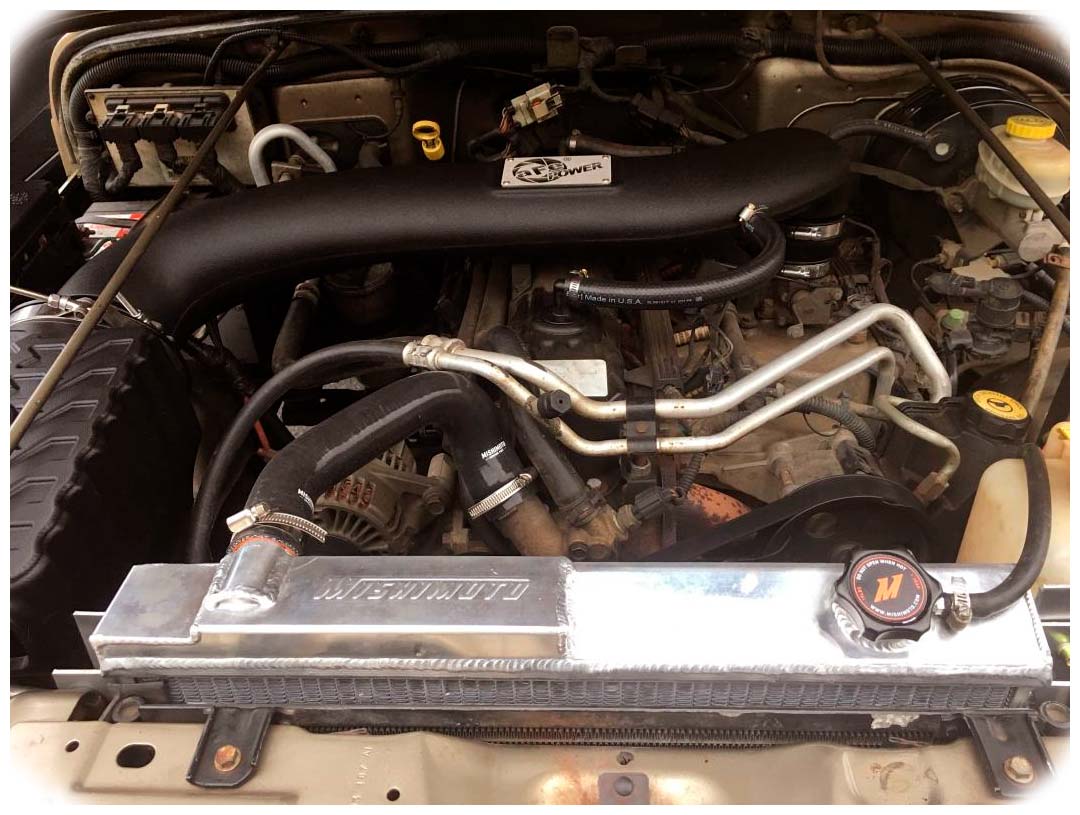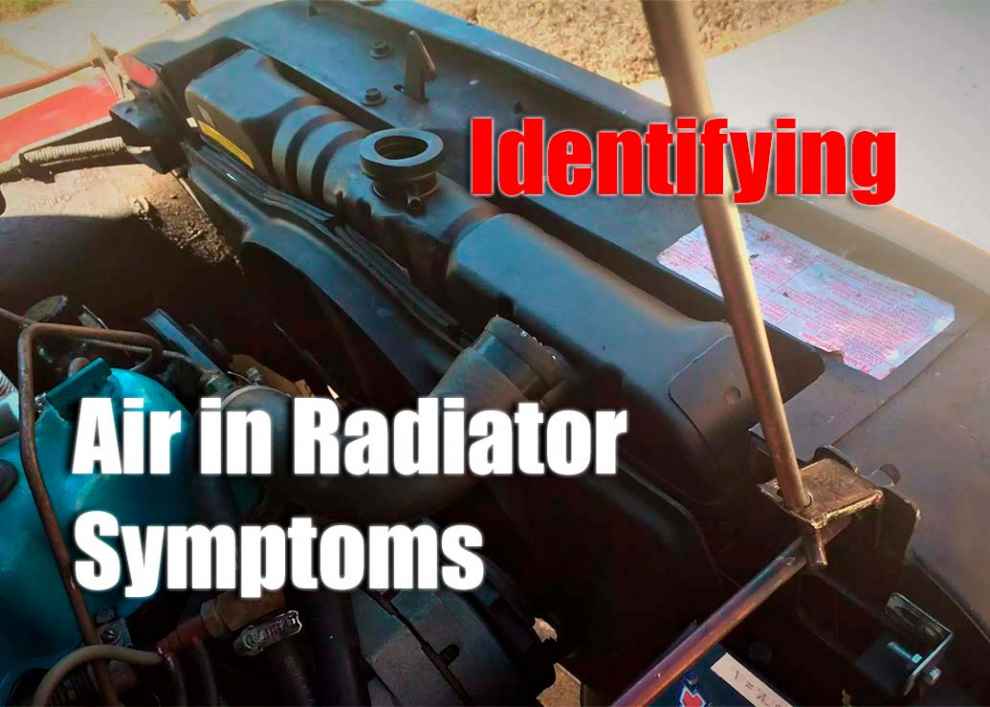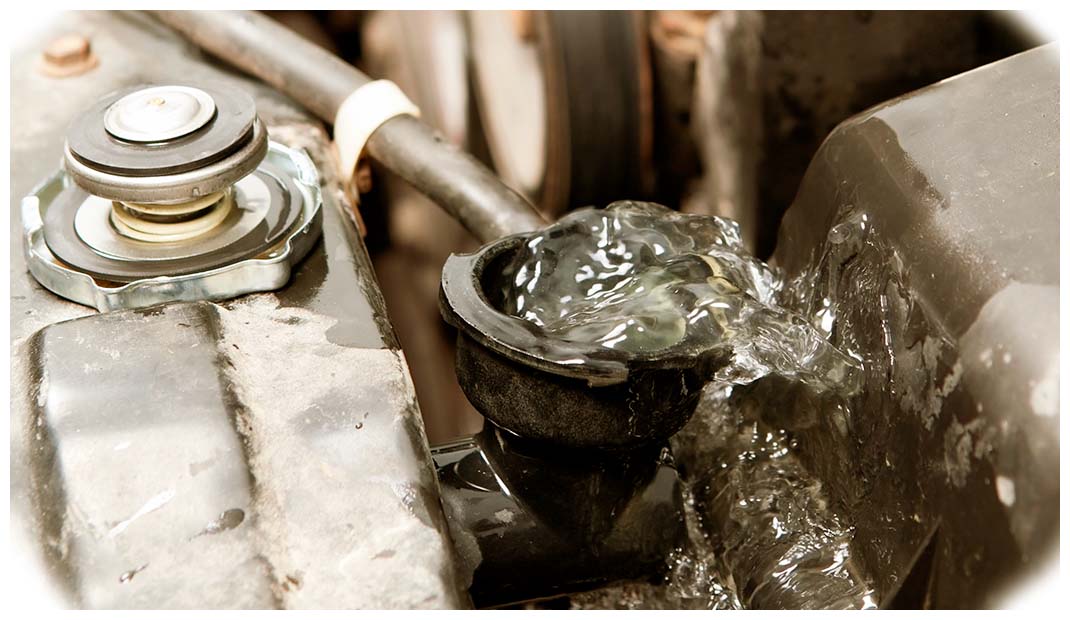If you own a Jeep, then you know that it’s an amazing machine. But like any other vehicle, it can develop issues and problems over time, such as air in the radiator. Air in the radiator affects the performance of your engine by reducing its cooling capacity and putting extra strain on it. Therefore, it is important to understand how to identify signs and air in radiator symptoms so that you can act before major issues arise.
What Is Air in a Radiator?

Signs and Symptoms of Air in Radiator
When air is present in the radiator, it can cause many issues both visually and audibly.
-
Visually, you may notice steam coming from the radiator or a drop in coolant level. You may also see the coolant boiling in the overflow tank or smell antifreeze around your vehicle due to a leak.
-
Audibly, you may hear strange noises from your engine such as clanging or knocking as air pockets form inside and disrupt its performance. Your Jeep may also run hot more often than normal since it is unable to cool itself properly when air is present in the system.
Common Causes of Air in Radiator
There are several common causes of air in the radiator. These include:
-
Vacuum leak – A vacuum leak can cause air to enter the cooling system, preventing the coolant from circulating properly.
-
Thermostat malfunction – If the thermostat fails, it can cause a build-up of air bubbles instead of coolant in the system.
-
Leaky radiator cap – A cracked, or worn-out radiator cap can allow air to enter and prevent coolant from circulating as it should.
-
Hose leak– A leaking hose or clogged line can also lead to an accumulation of air in your radiator.
How to Diagnose Air in Radiator
Diagnosing air in the radiator requires some knowledge and experience with auto mechanics, so you may want to enlist a professional if you’re not sure what to do. Generally, it involves checking for signs such as low coolant levels, steam coming from the radiator, or strange noises coming from your engine. You will also need to check for any leaks or cracks that could be allowing air into your cooling system.
 How to Fix Air in Radiator
How to Fix Air in Radiator
Once you have identified the source of the air in your radiator, you can begin to fix it. If the problem is a vacuum leak, then you will need to find and repair it as soon as possible. If it is a thermostat malfunction or a leaking radiator cap, then these should be replaced with new parts. You may also need to flush out the cooling system and refill it with coolant if there are any air bubbles present in the system.
Conclusion
Air in your radiator can cause serious damage to your Jeep’s engine if left unchecked. You must identify any signs and symptoms of air in your radiator so that you can act before major issues arise. By understanding common causes of air in your radiator, diagnosing the issue correctly, and taking preventative measures such as replacing faulty parts or flushing out the cooling system, you can ensure that your Jeep remains in top condition for many years to come.

 How to Fix Air in Radiator
How to Fix Air in Radiator
Add Comment